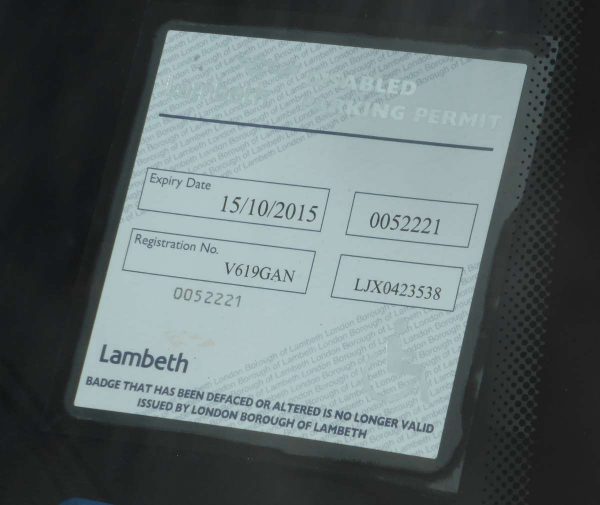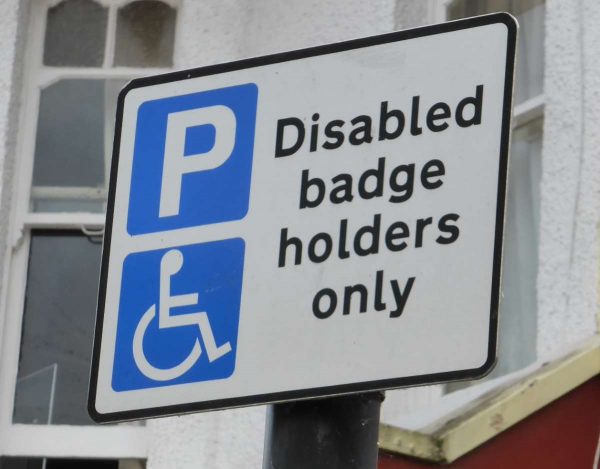There are two questions here:
- Should you drive if you are ill or disabled?
- Are you allowed to drive if you are ill or disabled?
It depends on the illness as to which question you need to ask. If you have a cold or a stomach bug the question is should you drive. This is because illness is distracting, but DVLA does not prevent you from driving if you have a low-impact illness. DVLA wants to know if you have a medical condition or disability that is ‘notifiable‘, or if that condition has got worse since you got your licence.
Conditions that are notifiable:
- visual impairments – any eyesight issues that could affect your driving
- epilepsy and illnesses that could cause seizures
- strokes and anything that affects coordination or concentration such as a head injury
- conditions that could cause you to black out, such as diabetes
- physical disabilities that make it more difficult for you to drive
- other neurological and mental health conditions.
DVLA supplies a definitive list here, so it’s best to contact your doctor if you are concerned so that you can get a diagnosis. Your doctor will be able to tell you if you should stop driving, or if you should simply tell DVLA. If you must stop driving, you will need to surrender your licence to DVLA. Doing so voluntarily may mean you can start driving again sooner.

Disability permit which allows parking in specific areas
Bear in mind that you could invalidate your insurance cover if you knowingly drive when it’s obvious you shouldn’t be driving. You could also be fined £1000 and be prosecuted if you have an accident.
Notifiable conditions when you get a licence
When you first apply for a licence or when you renew your licence when you are over 70 you will be asked in the application form whether you have any notifiable conditions.
What happens after you tell DVLA?
Unless your doctor or consultant has specifically told you to stop driving, you can continue driving until DVLA replies with the next steps. This takes up to 6 weeks. You might be requested to get another examination or opinion, or asked to take a driving assessment.
DVLA will then give one of five decisions:
- No change is necessary
- You need to get a new driving licence
- You can have a shorter licence with a reassessment later, e.g. for 2 years
- You must adapt your vehicle with extra controls, e.g. if you’ve become paraplegic then they might insist on hand controls. This website has the information you need. You may qualify for a disability permit
- You must stop driving completely and give up your licence. DVLA will tell you when, if and how you can reapply to drive again. You can argue this decision if you can prove that you meet the medical requirements of fitness to drive by way of a letter from your doctor or consultant.
If you must adapt your vehicle with special controls you may be eligible for apply for a blue badge to allow you to park closer to your home.

If you have a blue badge then you will be able to use spaces marked with this disabled badge holders sign
